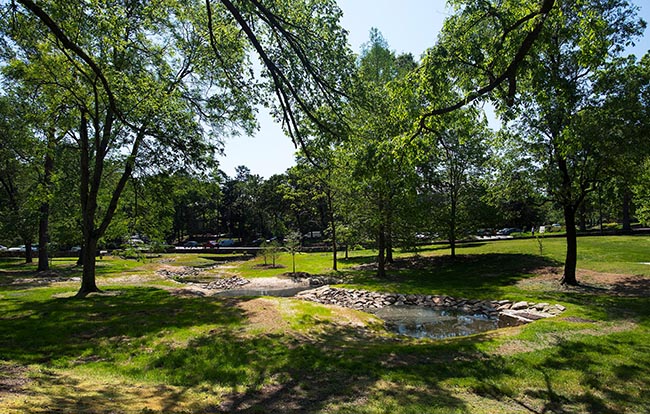UNC celebrates University Research Week
What does it mean to be a student at a leading global public research university? The University of North Carolina at Chapel Hill is showcasing the culture and community of research across disciplines as it celebrates its first-ever University Research Week from March 27-31. A variety of in-class and public activities and events have […]
UNC celebrates University Research Week Read More »










